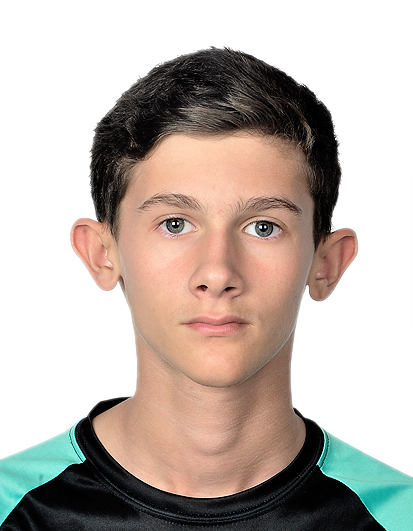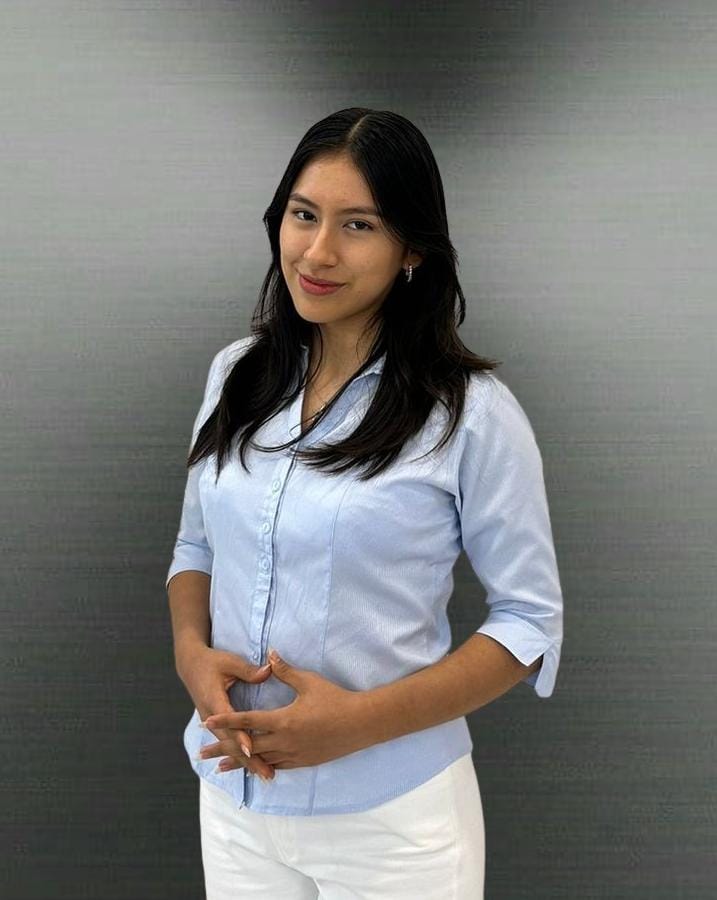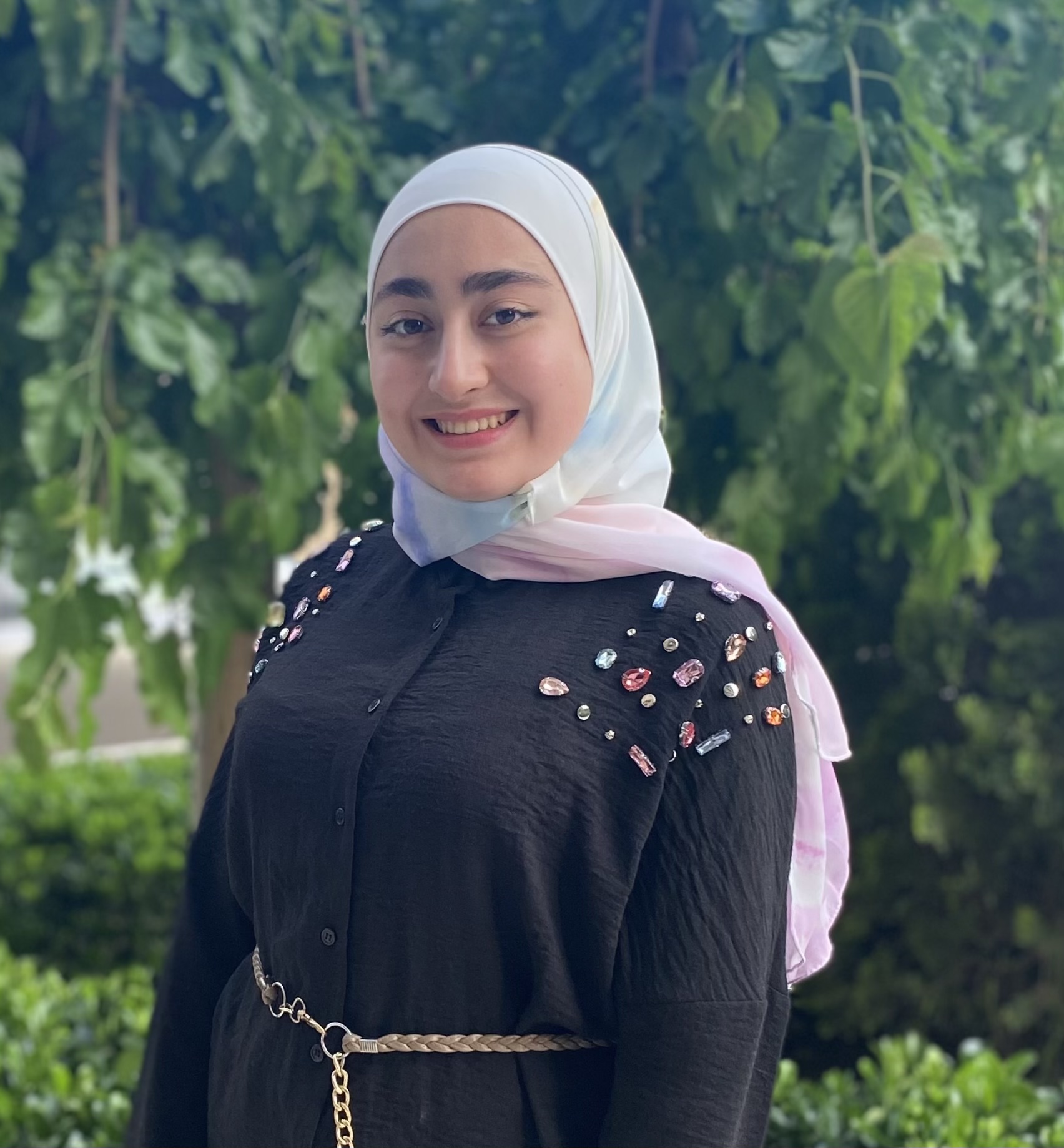How Shreejay Turned Creative Vision into Academic Achievement
When a gap-year student, Shreejay from Kathmandu, Nepal, discovered he could combine his passion for filmmaking with computer science through research, he never imagined it would lead to glowing feedback from teaching assistants and admission to one of America's most prestigious research universities. Now a freshman at Howard University in Washington D.C., Shreejay's journey through Indigo Research's IRIS program showcases how young researchers can bridge seemingly disparate interests to create meaningful academic contributions.
Growing up in Nepal's capital, Shreejay developed two distinct passions that seemed worlds apart. On one side was his love for cinema; not just watching movies, but analyzing every frame, understanding the craft behind the screen. His short films and documentaries had already gained recognition at film festivals, marking him as a creative force in Nepal's emerging film scene.
On the other side was his fascination with computer science, driven by what he describes as "the impact we can create through it." This wasn't just about coding or technology for its own sake, but about the transformative potential of computational thinking.
"I started watching movies, then analyzing what's happening on the screen," Shreejay explains. "But I'm interested in computer science mainly because of the impact we can create through it."
The question was: how could these two worlds connect?
When Shreejay joined the IRIS Summer 2024 program as a NextGen Scholar during his gap year, he found his answer in an unexpected place: movie recommendation systems. Working with Dr. Krishnan, whose expertise in recommendation systems proved invaluable, Shreejay embarked on research that would challenge the very algorithms powering platforms like Netflix and YouTube.
His research question was personal and innovative: How can recommendation systems give independent and niche films a fair chance alongside mainstream content? As someone who had created independent films himself, Shreejay understood the struggle of getting creative work noticed in an algorithm-dominated world.
"What I tried doing is exploring how niche and independent things can also be represented through recommendation results," he shares. "If we see the recommendations in major platforms like Netflix or YouTube, it's always the mainstream things that come up."
Working with Dr. Krishnan proved transformative for Shreejay's research journey. While he entered the program with general knowledge about AI, the nuanced understanding he needed for his specific research came through the program's structured approach.
"The lectures were always fun. It was not boring or things like that. It was really fun learning about AI," Shreejay recalls. What made the difference was Dr. Krishnan's ability to make complex concepts accessible while maintaining academic rigor.
The one-on-one mentorship sessions became particularly crucial. "I went to my mentor and asked, 'I'm interested about this, what kind of research can I do?' And he actually recommended a few topics out of which I liked this one better," Shreejay explains. This collaborative approach to refining research questions exemplifies how Indigo Research mentors guide students from broad interests to focused, achievable research projects.
However, Shreejay's research process wasn't always smooth. He admits his approach to finding his research topic was "random brainstorming" rather than following a structured plan. Yet this organic process, supported by expert guidance, led to meaningful results.
The technical challenges were significant. Analyzing popularity-debiasing techniques in recommendation systems required sophisticated data visualization and analysis. But Shreejay rose to the occasion, producing work that earned specific praise from his teaching assistant.
Through the IRIS program, Shreejay discovered research tools that transformed his approach to academic work. While he knew about Google Scholar before the program, he learned about Zotero, a reference management system that became integral to his research process.
"It's actually really useful in doing research. I use it a lot in my research project too," he notes. This practical skill-building, combined with theoretical knowledge, exemplifies how Indigo Research prepares students for university-level academic work.
A New Chapter at Howard University
Shreejay's research experience became a cornerstone of his university applications, ultimately leading him to Howard University, one of America's leading historically black research universities. As an R1 institution with very high research activity, Howard provides the perfect environment for Shreejay to continue exploring the intersection of technology and social impact.
Perhaps the most significant achievement from Shreejay's IRIS experience wasn't just the impressive research paper or the glowing feedback. It was the transformation in how he sees the intersection of his interests and the confidence to pursue ambitious academic goals.
"Almost everything that my research question was related to, I got to know about it through the program," he reflects. From a student with general AI knowledge to someone who could analyze and propose improvements to recommendation algorithms, Shreejay's journey exemplifies the transformative power of a guided research experience.
Advice for Future Researchers
When asked what advice he'd give to future NextGen Scholars, Shreejay keeps it refreshingly simple yet profound: "Be real in your application. Show them you can really progress through the IRIS program."
He also offers practical insights about the program structure, suggesting that smaller group sizes could provide even more intensive support for students in their learning process. Yet he's quick to emphasize that "the IRIS program does a great job in introducing new people to research."
His story reminds us that geographical boundaries need not limit academic ambitions. Through programs like IRIS, students from around the world can develop the skills and credentials needed to compete at the highest levels of academia.
.jpg)


.jpeg)
